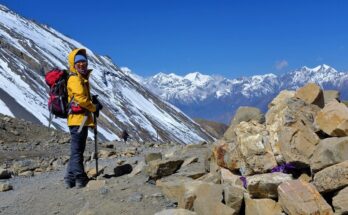One of the advantages of the Albuquerque School of Broadcasting is that the New Mexico Nonprofit Broadcasting System (NMBA) is deeply involved in the broadcast industry in the region. Since its founding in 1954, NMBA has always been at the forefront of the industry, encouraging 해외축구중계 the development of broadcast technology for more cost-effective certification methods. The NMBA has benefited the municipal radio industry for 50 years, assisting its members with educational courses, advocacy activities, industry players and telephone lines.
Albuquerque, the largest city in New Mexico,
Hosts many broadcasting schools that offer unique teaching methods and diverse learning. Some of these schools are located in the heart of the city and offer practical places for study and tutoring as well as traditional classrooms. As students grow in mentoring relationships with the professionals they actually employ, they explore all aspects of the human resources sector.
Every radio station in this big city has an association,
So some radio schools in Albuquerque are worth checking out. When students enroll in this school, there are courses such as breathing and voice exercises, advertising publication and composition, new editions, public service announcements, weather forecasts, DJ publications and assessment and performance courses. There is a course called. These courses can lead to many interesting processes in the field, including storytelling, copywriting, radio control, and radio talk shows. Lastly, some include good listening/editing software and your own copy of Shure Mike.
The University of New Mexico is four years long
A public school with about 25,000 students and one of 15 universities in Albuquerque, New Mexico. The average student to teacher ratio is 14:1, which makes it an ideal school for a strong education. The Bachelor of Journalism offers interesting lessons on how to create, proofread, copy, and create educational programs. As students’ progress in their research, they begin to create longer and more complex programs, improve reporting, and gain a better understanding of how stations work.
Through the Department of Communication and Journalism,
The University offers students a wide range of job opportunities in journalism, media and broadcasting. With a lot of student work on both television and radio, students can also take general courses such as media law, theory and effectiveness of visual communication and mass communication. Upon completion of their studies, these courses not only provide students with a better overview and interpretation of their area of interest, but also provide an overview of the broadcasting industry as a whole.



